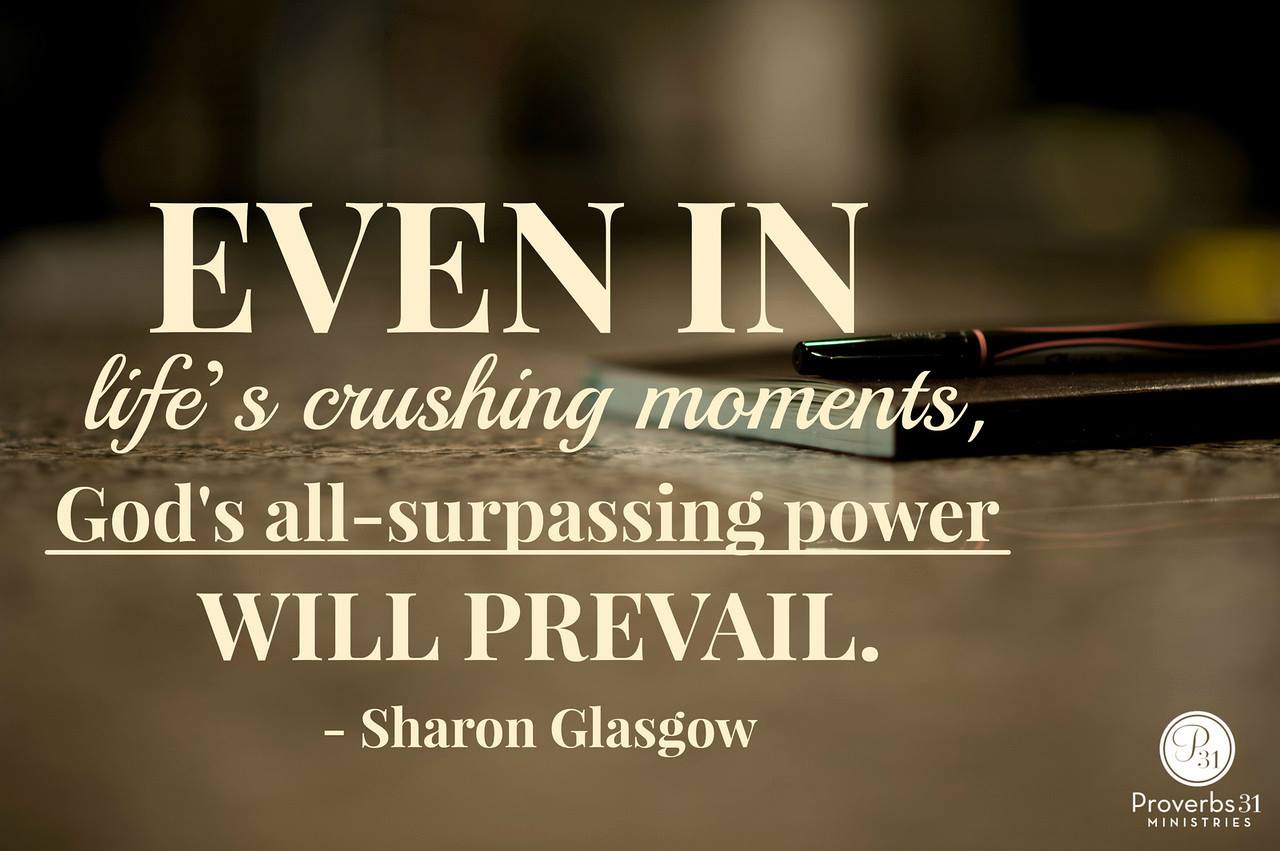![]()
![]()
On October 31 in 1518, Martin Luther, the German priest and scholar, posted The Ninety-Five Theses to the door of the Wittenberg Castle Church (which served as a kind of bulletin board). His intent was to spur debate. Little did he know that his questioning of certain church practices would lead to the Protestant Reformation that would change the state of the church forever.
Luther could have just as easily begun a movement in modern-day marriages with this buried quote: “It is impossible to keep peace between man and woman in family life if they do not condone and overlook each other’s faults but watch everything to the smallest point. For who does not at times offend?”
It’s difficult to improve on that. Luther could not have spoken a truer word. Can you imagine what would happen in your home if both of you suddenly began overlooking petty problems? If you each decided to bypass each opportunity to criticize? What would happen if suddenly tomorrow this grace occurred in every home? It would be nothing short of a revolution—perhaps the greatest social revolution ever!
Love must be blind—at least to petty offenses—if it is to grow. We all supply plenty of opportunities for our spouse to find fault. That goes with the territory of being human. The trick is learning how to shut our eyes when we encounter each other’s minor faults. How do you actually put this biblical principle into practice? Here are a couple of suggestions.
First, take inventory of what you especially appreciate about your spouse. Why? Because doing so recalibrates your mindset. In one of the classes we teach we sometimes have our students take ten seconds to notice everything in the room that’s green. Suddenly, they see green everywhere. Why? They invoked a green mindset. They couldn’t help but see it because that’s all they were looking for. The same is true in marriage. When we invoke a positive mindset for our partner, we begin to see so many more things they do well. A positive mindset can’t help but engender appreciation and positivity.
Second, own up to your own faults. Is there some log in your eye that you have missed in the fixation on the speck in your spouse’s eye (Matthew 7:3-5)? Consider what it would be like to be married to you. What about you makes you challenging to live with? The more you recognize the difficulties you bring to the table, the more acceptance you will have of your partner’s foibles.
Try these two steps today, and start your own marital reformation.
![]()
Related Resources
In this groundbreaking book, the letters L, O, V, and E represent four personality dimensions that make up your personal “love style.” Once you know your own love style and that of your spouse, you will be able to love him or her in a way that will help you get the love you need in return. This single insight can draw you closer together by pinpointing each person’s approach to love.
To order your copy, click here.



There is just one issue (okay, maybe two) that I wish my spouse and I could make some progress on addressing… and it’s not a petty problem. At times I may be less capable in overlooking petty problems when there is “the elephant in the room” that is not being addressed.
It seems that there is an overabundance of blogs and resources about date nights and love languages and the like (and those are great), but way too few are the experts that swim out into the deep waters of addressing marital conflict and problems. Yes, there are resources on how to “fight fair”, but what about when you get stuck or have an intransigent spouse.
Tom, are you aware of our new book, The Good Fight? It has a lot of material dedicated to exactly what you’re after – including what to do when you’re stuck and having a tough time finding a compromise or trying to move forward.
God knew just what I needed to hear this morning– thank you Jesus!
Funny how that works sometimes, K. Praying for your ability to deal with the petty problems today.
What makes it most challenging for my husband to live with me is my attention to his detail. Today I will give him the grace that I so crave for myself. Thank Les and Leslie
Kathy: great insight, glad the devotional was helpful. Seeing ourselves through our partner’s eyes is incredibly valuable.
1517 in fact was the year Luther posted the theses.
Thanks for the correction, Wilbur. Much appreciated!
We said!! LOVED this to the point article….yes we would live much happier lives! 🙂
Thank you! So glad you enjoyed this one!
I seem to have trouble discerning between
Prov. 19:11 and being able to speak the truth
in love. I thought being like Jesus was to just
zip it and take it. After many years I finally communicated
my feelings and now I’ve managed to reduce
our marriage to a roommate situation.
I think I have found it much safer to try to reform my husband than myself – to focus on his faults and try to be “helpful” in suggesting improvements. I don’t like it when he gets after me and yet I like to suggest many things to him. Poor guy. Just last night I was listening to a wife who said we need to cheer them on, to really make a fuss over how great they are, and bragging about them in public, etc. and I thought, wow, I am a long way off from that. God is really trying to show me the big beam I have had and I am glad. I pray that God will heal my husband’s wounds so we can really enjoy each other more.
J
Jenny: Wow! You are a brave person to admit this. This is one of the most profound comments we’ve ever received. You are an inspiration to us and so many who will read this. Thank you!